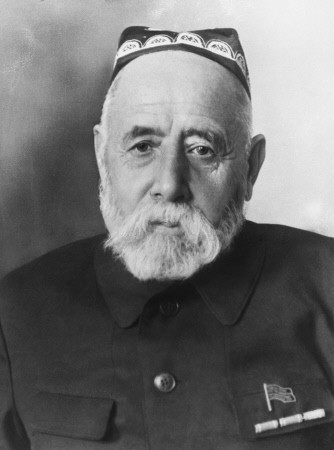About
Author: Sadriddin Ayni (Tajikstan)
Genre: Autobiography
Setting
Place: Uzbekistan
Time: 1980s
My Rating (see what this means)
My Subjective Rating: 2
My ‘Objective’ Rating: 2.15
Introduction and Summary:

The Sands of Oxus and other works by Sadriddin Ayni survived the Soviet sensors who, in their time, quietened many an intellectual in Central Asia. Whether due to Ayni’s less hostile relationship with the Bolsheviks (they had saved him from the previous Emir’s prison) or something else, these works were instrumental in keeping the Tajik identity alive in the brutal paranoia of the Stalin era. No wonder Ayni is considered Tajikistan’s national poet.
Ayni had an eventful life – which he has captured in a four-part memoir. The Sands of Oxus is the first part of the series and the only one I could get my hands on. It covered the first 12 years of his life – which was, in a sense, unfortunate as his astute observations would have offered important insights on key geopolitical events that happened in his later years.
Review:
The book ‘Sands of Oxus’ (and Ayni’s other biographies) can have multiple utilities –
- It can be a great source of information for a passionate sociologies looking to study Central Asia of the last 19th, early 20th century
- An innovative economist, like Thomas Piketty, can perhaps use the extensive details Ayni provides in the book to estimate inequality in the region
- Even a bored reader can pick-up an odd chapter and be entertained by an engaging short story
As an autobiography, however, the book often felt unnecessary. It is filled with stories from the narrator’s childhood – say about his dog or an expedition to get halva (a local sweet). Ayni’s narration made sweet short stories from these events, but as they added up in the autobiography, they started to feel trivial and repetitive without giving much insight about the writer himself. This is understandable as the writer was then just a child but I couldn’t help wondering if I should have picked up a later volume.
This changes however, in the final chapters, when the writers tells us about a plague that upended his life. The book became engaging again and is able to generate much pathos from the reader.
In conclusion, it is a great book for the interested.
